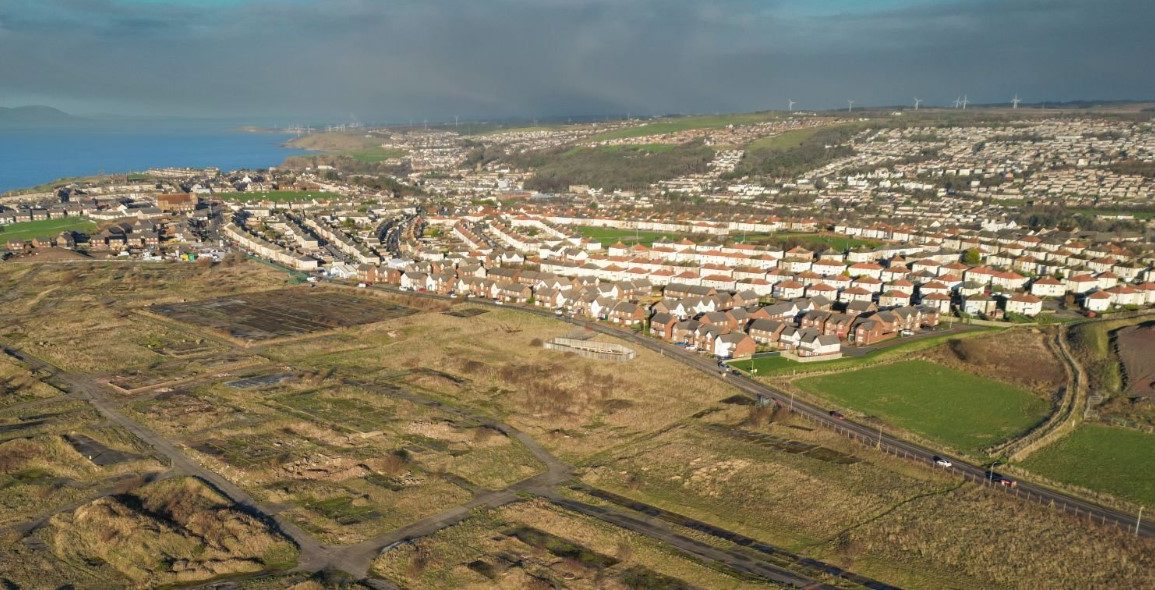This week, Whitehaven Coal, one of Australia’s leading coal producers, is poised to confront a significant challenge at its annual general meeting (AGM) as shareholders dissent against its ambitious expansion plans.
With climate activists rallying support, a “second strike” against Whitehaven’s executive remuneration could force a reevaluation of its board.
At last year’s AGM, Whitehaven saw a 41% vote against its remuneration report, indicating growing shareholder unease over its management decisions.
Should at least 25% of votes again reject executive compensation this year, it would trigger a motion to spill the board.
Notably, investor advisory groups Glass Lewis and ISS have urged shareholders to oppose substantial bonuses for CEO Paul Flynn, reportedly valued at $7 million.

Will van de Pol, CEO of climate action group Market Forces, criticized Whitehaven’s strategy, arguing that the company is “gambling big on coal expansion” despite a global shift away from fossil fuels.
The firm plans to increase its thermal coal output by approximately 40% over the next two decades, contradicting industry peers who are moving towards decarbonization.
This includes controversial projects like the Blackwater South mine in Queensland, which could operate for up to 90 years.
Market Forces highlighted that if all planned projects proceed, Whitehaven’s coal output could peak near 60 million tonnes by the mid-2030s, resulting in cumulative emissions far exceeding Australia’s targets under the Albanese government’s safeguard mechanism.
In response, Whitehaven defended its remuneration strategy as essential for balancing short-term goals with long-term growth, asserting that “net zero emissions does not mean no emissions.”
The company emphasized its commitment to supporting economic activity while gradually transitioning to a low-carbon economy.
As the AGM unfolds in Sydney, the outcome could signal a pivotal moment for Whitehaven Coal and its stakeholders amidst the pressing challenges of climate change and sustainability.

